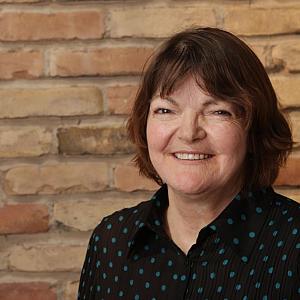
Lois Collins
enterprise reporter

enterprise reporter
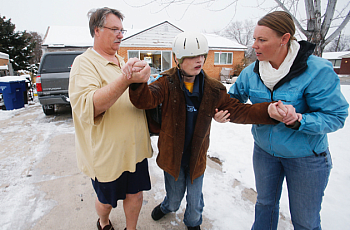
Childhood cancers, behavior-impacting disabilities like autism, extremely brittle bones, or compromised immune systems are some conditions that may leave kids feeling lonely.
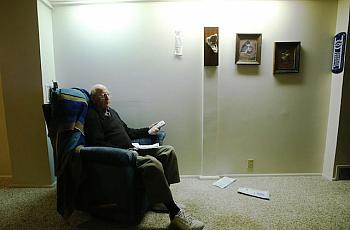
When I tackled the topic of loneliness as a 2013 National Health Journalism Fellowship project, I honestly didn't think it would be hard to find people who were lonely so that I could write about the issue. I was right and wrong.
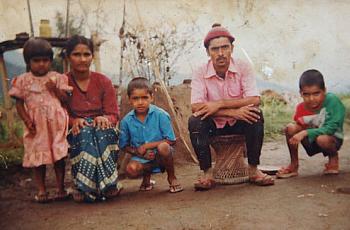
For refugees, homesickness & loneliness are often inseparable — symptoms hard to untangle. Refugees in the throes of loneliness and social isolation may suffer depression, lethargy, headaches, exhaustion and more. It makes it harder to learn needed skills like language or cultural understanding.
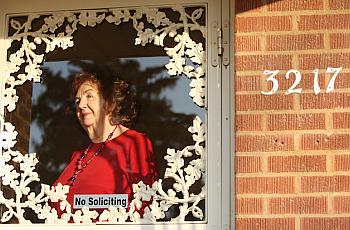
Loneliness, as a medical matter, has begun to capture the attention of health experts worldwide. A growing body of research compares loneliness to documented health killers like smoking and obesity.
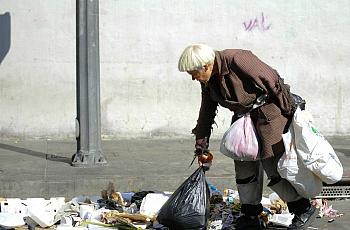
I adore a good love story, so it's no surprise I enjoyed listening to Los Angeles Times columnist Steve Lopez talk about the genesis of his friendship with a homeless musician. The biggest thing I learned, though, is how fragile we all are as humans.

Studies have linked loneliness and social isolation to an array of potentially devastating health challenges, including Alzheimer’s and other neurologically degenerative conditions, diabetes, overweight and obesity, high blood pressure and heart disease.